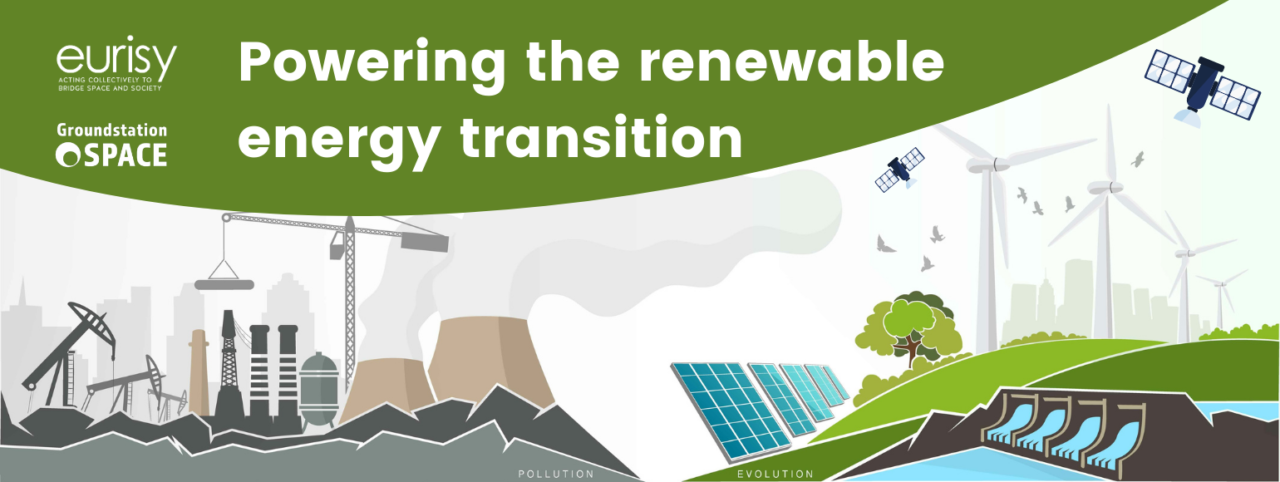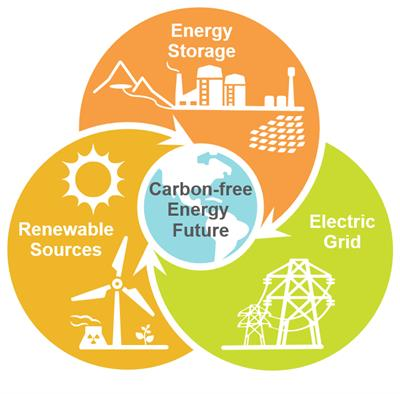As Guyana reaps the benefits of its oil and gas industry, the country faces a unique challenge: balancing fossil fuel wealth with sustainable development. Green energy—solar, wind, and hydropower—offers a pathway to reduce carbon emissions while ensuring long-term energy security.

Why Green Energy Matters for Guyana
Guyana’s tropical climate provides abundant solar and hydropower potential. These renewable energy sources can complement its national development goals by diversifying its energy mix and reducing dependency on imported fuels. Solar farms, for instance, could power rural communities where electricity access remains limited.
The government’s push for the Gas-to-Energy project already shows a commitment to cleaner energy sources. However, integrating more renewables can further reduce the carbon footprint and attract green investments, particularly as global markets shift towards sustainability.
Challenges of Transitioning
Despite its potential, the transition to green energy is not without obstacles. High upfront costs for renewable infrastructure deter widespread adoption. Additionally, the lack of local expertise in green energy technologies requires reliance on foreign specialists, increasing costs further.
Geographical barriers also pose challenges. Developing wind or hydropower in remote areas often demands extensive infrastructure, including roads and transmission lines, which can disrupt ecosystems.
Policy and Private Sector Involvement
To overcome these barriers, Guyana needs supportive policies. Incentives such as tax breaks for renewable energy projects and grants for research can stimulate growth in the sector. Private-public partnerships can also help by combining government funding with the technical expertise of businesses.
The Way Forward
Adopting green energy is essential for Guyana to maintain its reputation as a global environmental steward, especially given its role as a carbon sink through its rainforests. By investing in renewable energy, the country can achieve sustainable growth, ensuring that the benefits of its economic progress are shared with future generations.
